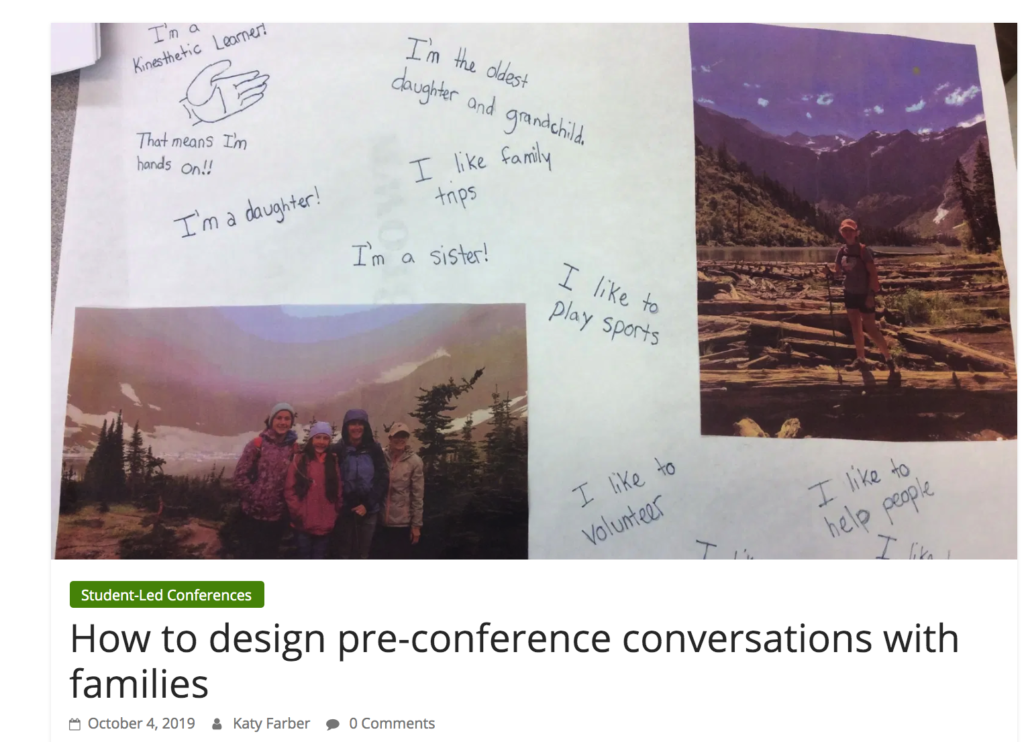
Summer is feeling long gone. I have finally given up sandals, and am wearing socks and shoes and brought the sweaters up from the basement. Like many, I am wistful for summer, but also embracing all things fall (crisp apples, soup, colorful leaves).

This summer I had the chance to go on one of my favorite shows, Vermont Edition on VPR, and be interviewed by the incredible Jane Lindholm about personalized learning in Vermont. I love this show for many reasons, including the opportunity to hear a lively and in-depth dialogue about many issues impacting us in Vermont and beyond. I hoped to represent the work of incredible Vermont educators and my co-authors (Penny Bishop and John Downes) well, and describe the importance and opportunity of personalized learning as we envision it in our book, Personalized Learning in the Middle Grades, as a tool for students to be known, heard, understood for their full selves, and given opportunities for personally meaningful, significant, and relevant work.

If you missed it, here is the link to the show.

(AND, at VPR there is both a M&M dispenser and Kombucha on tap.)
This summer I also had a chance to revisit my earlier book, Why Great Teachers Quit and How We Might Stop the Exodus, in preparation for a presentation to principals. I was thinking a lot about this false binary we seem to focus on, as if they are at opposite ends of a spectrum:
What is best for teachers. What is best for students.
Often, these are the same, because the lives of students and teachers are so interconnected and relational.
A false binary: Why do we assume that what is best for students (voice, choice, self-direction, creativity, movement, active learning, personal relationships) isn’t best for teachers too, especially when concerning their professional learning + school lives?
I will be creating an article or resource to share about this follow up to Why Great Teachers Quit, focused on increasing the humanity school leaders offer teachers in their buildings and school systems.
I’m connecting themes and ideas about how can we best support teachers as human beings and their needs for belongingness, safety, purpose, and care, especially those who have not felt these things in our systems as they currently are.

And over at the Tarrant Institute of Innovative Education, we’ve been busy helping teachers launch the school year centered on students and their identities. Many teachers start the day with morning meetings. This new post shares what structures can support meaningful conversations, student leadership, and build relationships.
Schools we work with are also transitioning in many cases to student led conferences. This shift can be hard, but full of opportunity. This post looks at some of the critiques and talking points surrounding this shift.
Happy fall!

